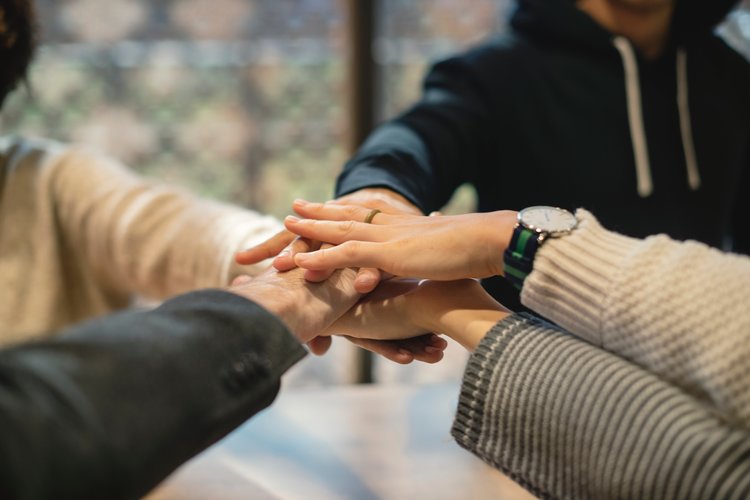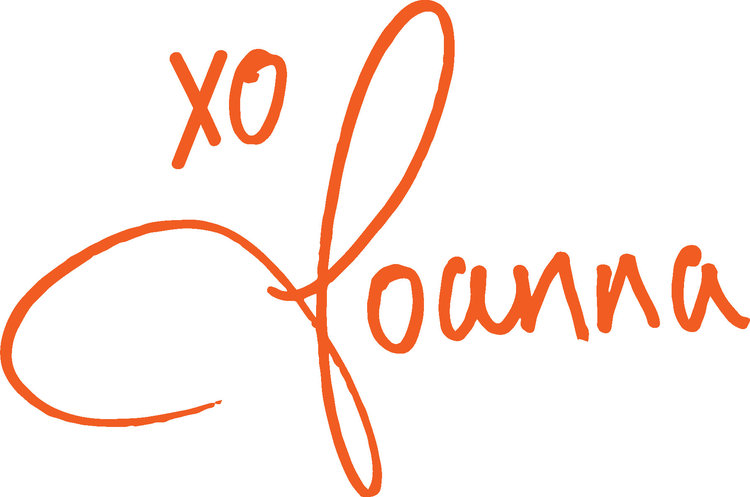In today’s work culture, we hear all the time that “we matters more than me.” So when someone told me that I said “I” more than “we” it stung. Badly. (This happened nearly six years ago, and it still hurts remembering it).
I thought this person was wrong. I gave credit to other people all the time! I promptly sought out feedback from other friends and co-workers—and they were quick to validate me. I was correct to be indignant, they said. They reassured me I was all about “we.”
Confession time. He was not wrong. Well, not entirely wrong.
I knew what my value was to the organization. I understood what problems they needed to solve and knew I could pull the right people together to address them. I even recognized that it was necessary to be (and wanted it to be) a team effort.
But my self-confidence wasn’t always consistent. My way of coping with this was to overcompensate. Out of fear and without realizing, I’d go about making my “I” look more significant on the outside than how it felt inside.
At those times, I wasn’t good with “me.”
When I speak with individuals within teams, I hear fear all the time.
Fear that they’re not enough, fear that someone else will judge, and fear that someone else might diminish them. They confide in me about their suspicion that their answer is incorrect, that if they ask the answer will be no, and that someone will find out that they’re not actually awesome.
They’re not good with “me.”
And how can you build a team of “we” if the individuals within aren’t good with “me”?
It took three years of holding mirrors up to other people, showing them how awesome they are, then teaching them how to share it with others for me to realize something important:

If you’re not good with “me,” then you can’t be good with “we.”
In some relationships I managed, thank goodness, to figure out that I didn’t need to fear. Whenever I felt safe and could come to the team with questions and challenges, we had genuinely collaborative relationships. People who I didn’t think “got” me sometimes even got the fearful me. They understood that I was afraid, and I found out that the overcompensating me was never awesome. (Fortunately for all of us involved, most of them just chalked me up as a bit weird and would ignore the nonsense.)
I’ll be honest; it’s still a work in progress. But at least now I know. Now I can catch myself when I hear the fear creeping in and can course correct.
Here’s what I think people need to get good with “me.” Each person needs to be able to:
• Understand their value
• Believe it
• Explain it to others
That second step “Believe it” is probably the most crucial step. It’s where the secret lies. And awards and celebrations are great, but—spoiler alert!—they’re not the way to get people to believe in themselves.
So, awesome people, next time you hear “we matters more than me” can you remember to add this extension to that sentence? “…and so, I need to be good with me.”

PS. Your real “me” is more awesome than your overcompensating “me.”
PPS. For those of you trying to build “we” in your teams, have you asked if each person is good with “me”?


